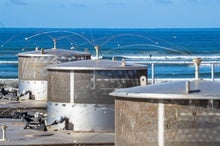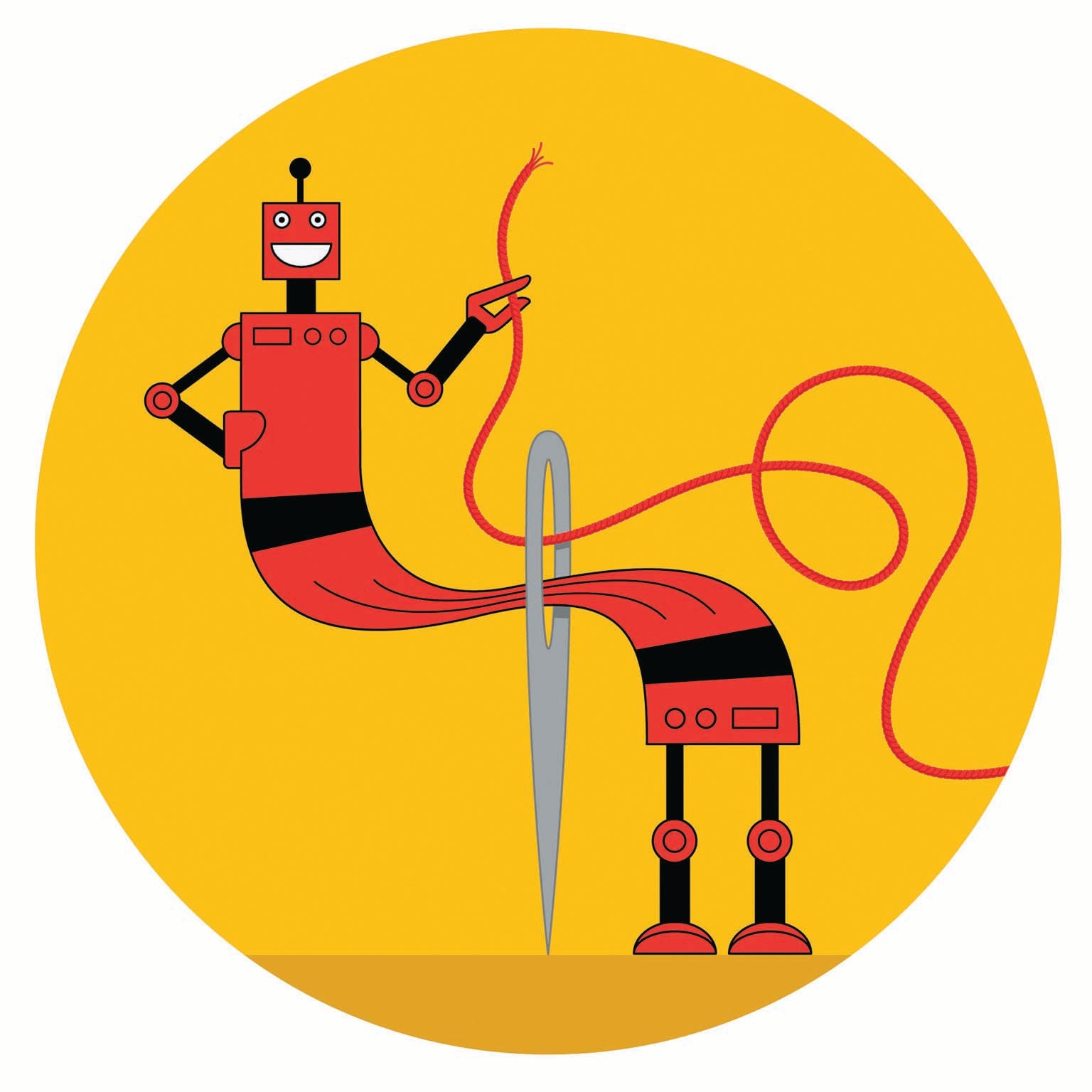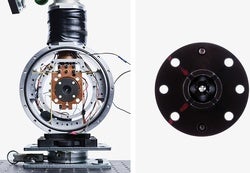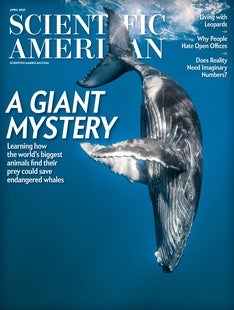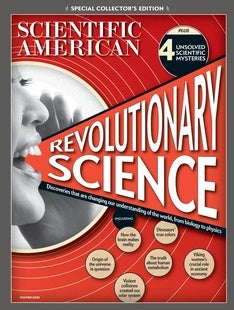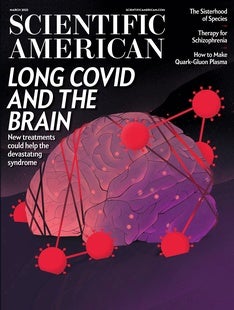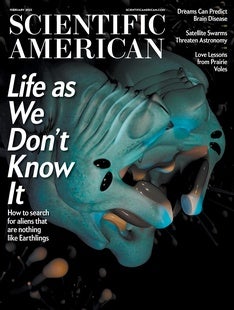 |
| March 14, 2023 |
Happy pi day! Last week, researchers announced that they had tested a new material that became superconducting at room temperature without requiring extreme pressure, as previous attempts had. But the study has been mired in controversy because of problems with previous papers from the same lab. If the breakthrough claim receives backup confirmation from independent researchers, it could pave the way for power lines that do not lose energy, computers that never overheat and even nuclear fusion reactors. Read more in our top story below! |
| |
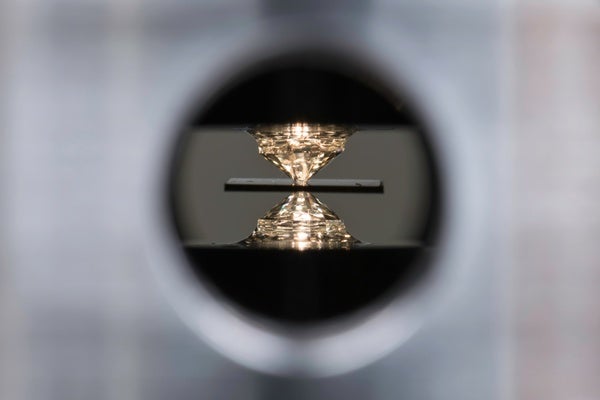 |
| |
| |
| |
| |
| |
| |
| |
| Artificial Intelligence Who Is Liable When AI Kills? We need to change rules and institutions while still promoting innovation to protect people from faulty AI | | By George Maliha,Ravi B. Parikh | | | |
| Politics We Must Prevent a New Nuclear Arms Race Smart U.S. leadership and international pressure on Russia can prevent an unconstrained global nuclear arms race | | By Daryl G. Kimball,Frank von Hippel | | | |
| |
| |
| QUOTE OF THE DAY
 "The importance of pi has been recognized for at least 4,000 years. 'A History of Pi' notes that by 2000 B.C., 'the Babylonians and the Egyptians (at least) were aware of the existence and significance of the constant π,' recognizing that every circle has the same ratio of circumference to diameter. ... Thanks to computers, we now know more than the first six billion digits of pi." Steven Bogart, Scientific American | |
FROM THE ARCHIVE
 | | | |
LATEST ISSUES
 |
| |
| Questions? Comments?  | |
| Download the Scientific American App |
| |
| |







